When people think of religion and God and faith, many may think of things like “God’s will” or obedience and rules – namely, restrictions on personal freedom or lack of choice, as if this is what God imposes on us. This couldn’t be farther from the truth. St Ignatius builds the dignity of choice into his entire spiritual worldview. We choose to walk with Christ, and that walk prompts us to a free response, which is made concrete in the Election. Every step of the way God is inviting us; never coercing. Ignatian discernment, while an exercise in listening to the promptings of God’s Spirit, always ends with a choice. I remember that when I was discerning to leave religious life I came to a place where I had to make a decision. My spiritual director told me that no one else was going to make the choice for me. I had to make a decision based on my prayer and discernment.
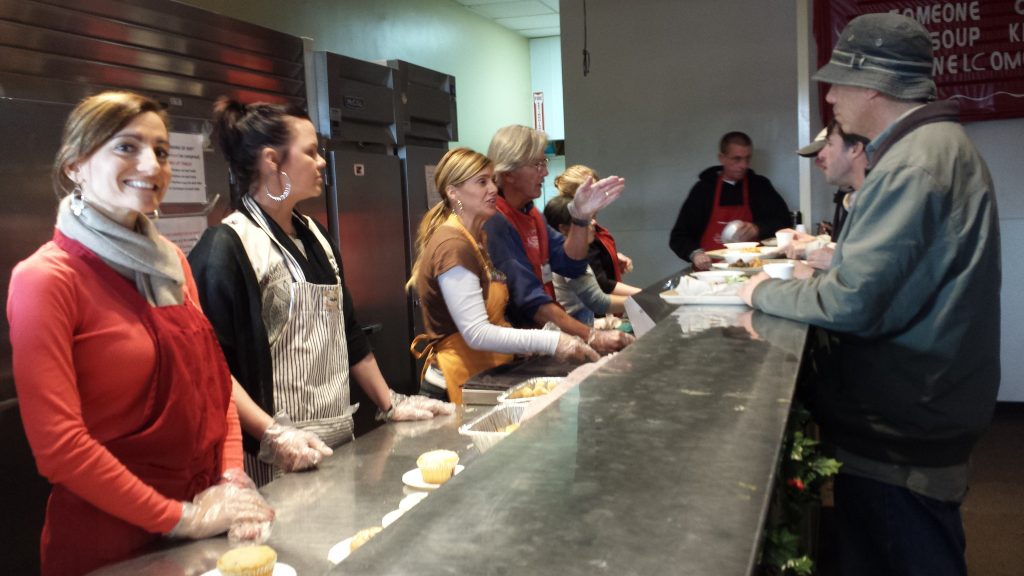
Used under a Creative Commons License – By Kimco Realty
www.flickr.com/photos/kimcorealty/16019971918/
A Universal Gift
Choosing is a gift and it’s certainly a privilege in the worldly sense. By giving us choice, God gives us dignity, agency, freedom, and respect. The gift of choice appears first in the second chapter of Genesis where the first human was given the freedom to eat of the garden, to choose the names of the animals, and to care for the garden. There is always an open invitation to work with God in the building of God’s world. Choosing not to is always the risk of love God takes. Without true freedom of choice we become robots and God no longer respects our role in the Body of Christ, or all of creation for that matter. The Book of Sirach says:
It was he who created humankind in the beginning,
and he left them in the power of their own free choice.
If you choose, you can keep the commandments,
and to act faithfully is a matter of your own choice.
He has placed before you fire and water;
stretch out your hand for whichever you choose.
Before each person are life and death,
and whichever one chooses will be given.
(Sirach 15:14-17)
There is a cafe in Portland, OR where those experiencing poverty or homelessness can stop by for a meal, but they choose what they wish to eat from a menu. While traditional soup kitchens have a set meal and patrons get what they will get, this place knows that there is dignity in choice. I learnt this lesson when I worked at a food pantry in Syracuse, NY. One winter we were giving out coats and gloves. I handed a man a pair of gloves and a minute later he came back to tell me there were holes in them. I fetched a green pair of gloves and made sure there weren’t any holes. “Do you have any other colour?” the man asked me. My first thought was judgement. “These are free. You should be grateful just to have them!” I wanted to say. Frustrated, I got him a different colour. It was later that I realised I had a privileged sense of choice, as if only I was worthy of choosing the colour of my gloves but he wasn’t. By allowing the man to choose, I gave him dignity and respect. It honoured his free will, which is integral to who God made us to be. Freedom to choose (i.e. free will) in God’s eyes is not privileged, it’s universal.
It Honours the Person
You see this in the Montessori educational philosophy. Children are always encouraged to make choices about how they spend their time, what colour pants they want to wear, or what activities they choose to engage in. Most children are so used to adults telling them what to do and always choosing for them. As a result they not only learn decision-making skills more slowly, they are not afforded an important element of their God-given dignity. These choices happen within boundaries of course, something else children need, but they are nonetheless honoured and respected as human beings through something as simple as offering them the choice between two snacks or two shirts to wear, or letting them decide what to play with.
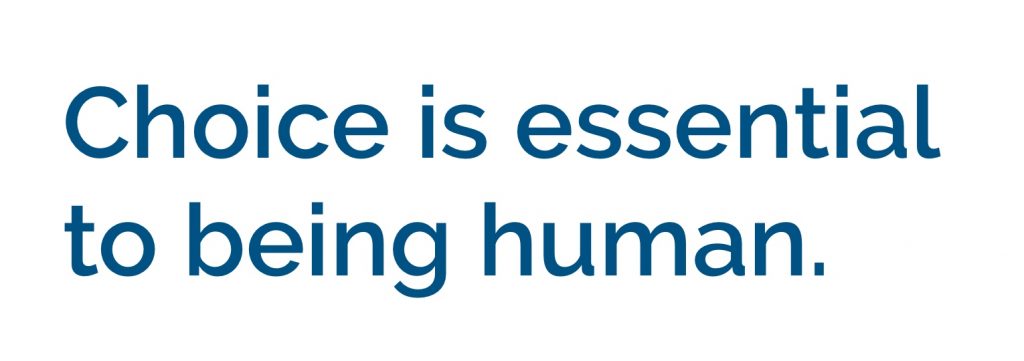 Choice is essential to being human. This is why we must always work to undo oppressive structures that suppress this essential characteristic of human dignity. In this regard, the UN’s Universal Declaration on Human Rights lays out statements that promote things like freedom to choose where to live or work, whom to marry, whether to have children or get an education, and which religion to belong to. But even little things—like the colour of gloves or the choice of a meal—are important. The food pantry I worked at just gave pre-assembled grocery bags to families. Some pantries allow people to choose the kinds of foods they want to feed their family. This respects their humanity.
Choice is essential to being human. This is why we must always work to undo oppressive structures that suppress this essential characteristic of human dignity. In this regard, the UN’s Universal Declaration on Human Rights lays out statements that promote things like freedom to choose where to live or work, whom to marry, whether to have children or get an education, and which religion to belong to. But even little things—like the colour of gloves or the choice of a meal—are important. The food pantry I worked at just gave pre-assembled grocery bags to families. Some pantries allow people to choose the kinds of foods they want to feed their family. This respects their humanity.
It’s important to say that God does not give us free will and choice so we can abuse it (like we often do), but because God respects us so much we have been given great agency in the continual creation of the world. In the Spiritual Exercises Ignatius seeks to attune our hearts to God’s heart and our conscience to God’s voice, so that we can make choices that contribute to God’s dream for the world. All we do in the world, in the Ignatian worldview, are responses to the love of God the Giver. When we recognise this awesome gift of choice and the dignity it affords us, how do we use that gift to respond? How do we give others that dignity?
Related posts:
Listen to the podcast version of this post…

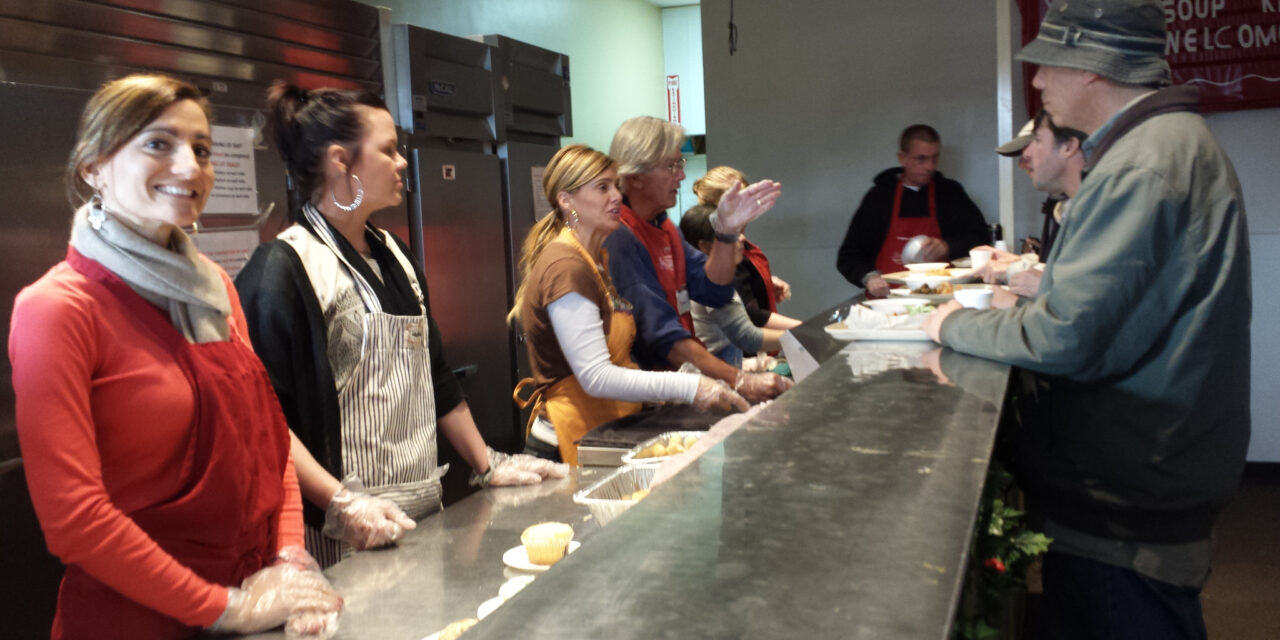

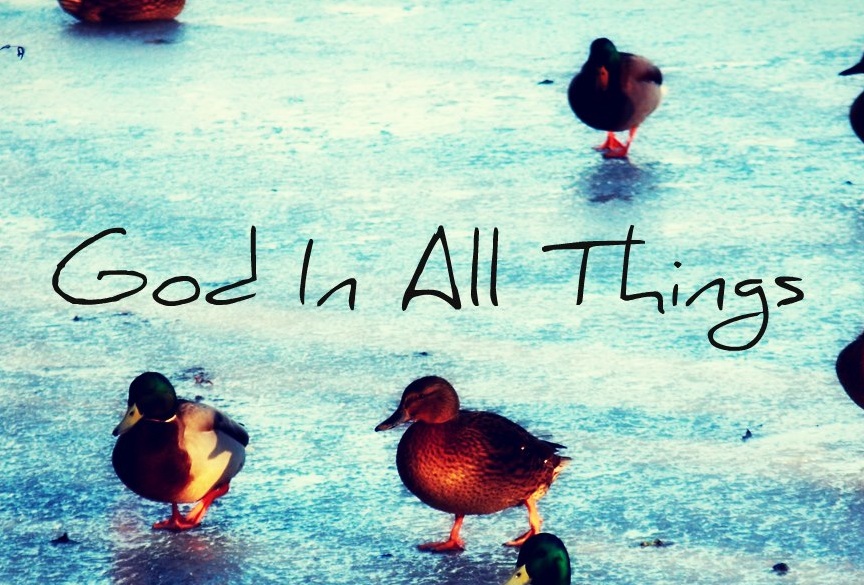
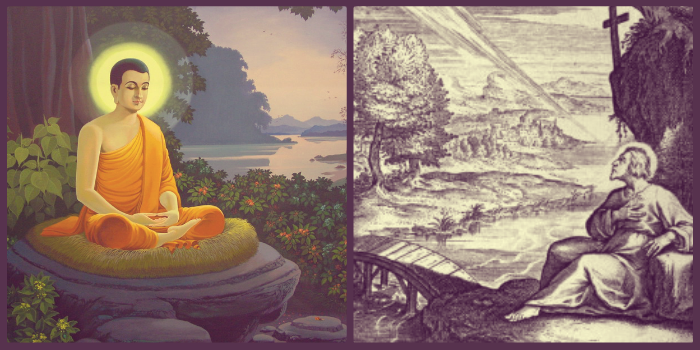
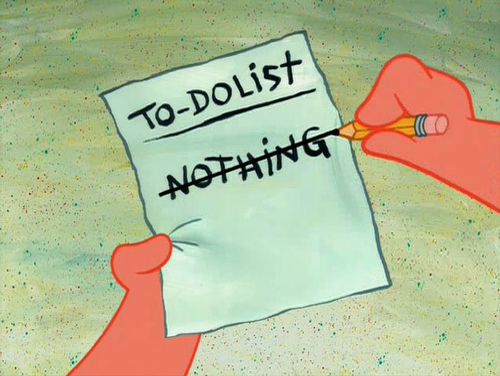



I too work at a “choice” food pantry and those seeking help are more like neighbors.
Very important to show respect for all people by providing the opportunity for free choice.
Well said. So many of us choose to limit the choices of others and now I see that is pride. One Problem with choice in our society, however, is too many choices that tend to freeze us up. The choice of to do or not to do, to take or not to take, is fairly simple. But when it’s yes I’ll take the road, the gloves, the call, we are not very good at discerning which one.